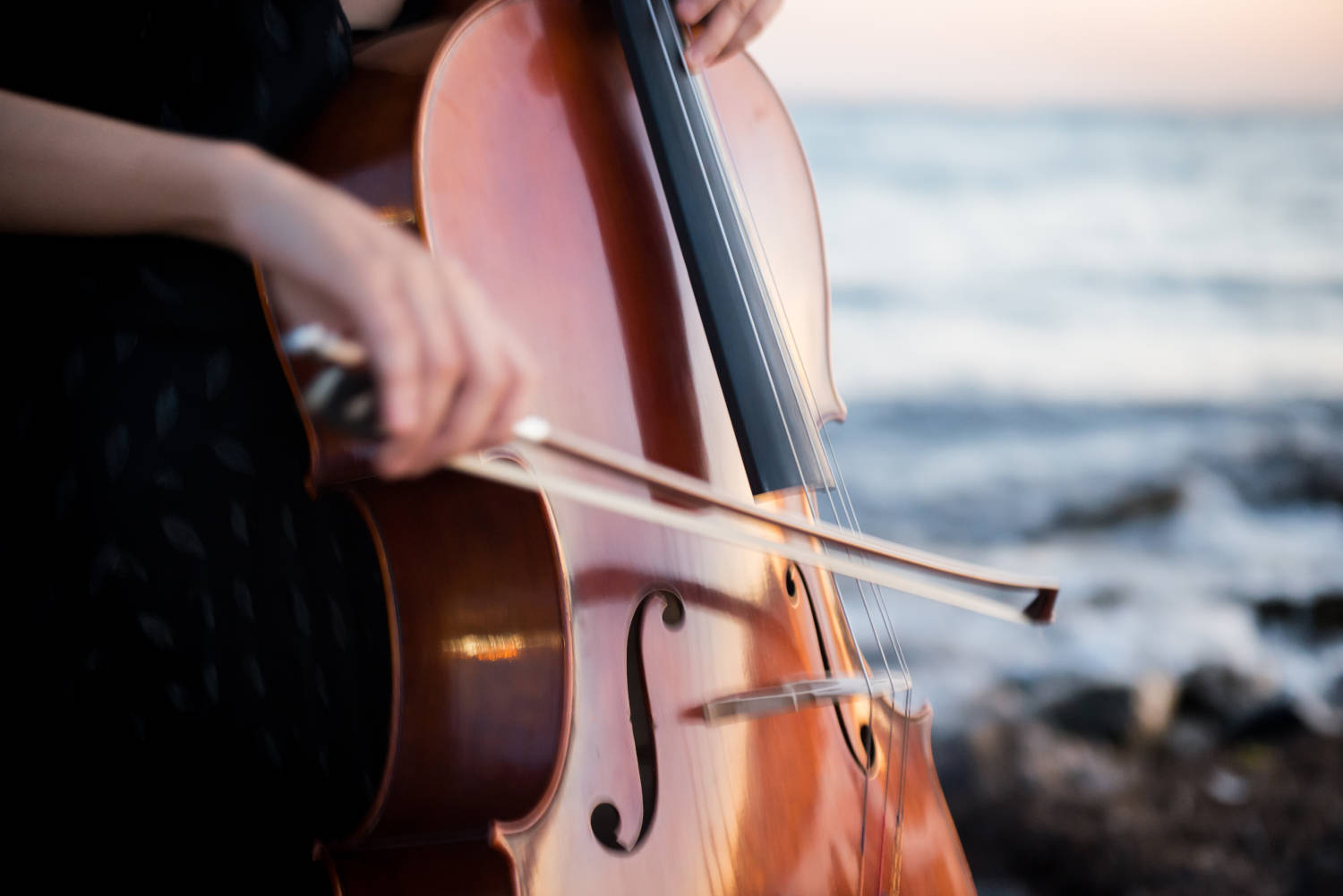
Music and sheet music are part of our everyday life at Stretta. But music also enriches our lives outside our daily work. At Stretta, musicians work for musicians.
Let us share our enthusiasm and expertise with you in our Stretta Journal! Arouse your curiosity for current topics from the wide world of music, travel reports, interviews, reviews, puzzles and many interesting facts about your instrument.
Discover all about music with the Stretta Journal. We hope you enjoy reading and browsing!

Sophie Stahl works as a freelance oboist (M.Mus.) in NRW & Berlin and as a freelance physiotherapist specialising in manual therapy in Essen. She plays with enthusiasm as an oboist in orchestras as a substitute player or in chamber music in a variety of ensembles. With the same dedication she supports her patients in her practice in Essen Werden, where she mainly treats musicians and artists.
She is combining both activities and competences in musicians' health. In recent years, Sophie Stahl has developed workshops and coaching sessions for musicians, orchestras, ensembles, music schools and music academies. These workshops and coaching sessions, which she offers at the Folkwang University of the Arts, the Robert-Schumann-Hochschule and Blasmusik.digital, cover topics such as "Breathing", "Pelvic Floor - Strong Support", "Posture", "Embouchure" and "Strong Hands".
She is currently working on other musician-specific topics, mainly for wind players. Her aim is to prevent injury, overuse and misuse through a better understanding and experience of the body's own processes.
As a member of the health working groups of the DGfMM and unisono, she is committed to the health of all musicians in Germany.